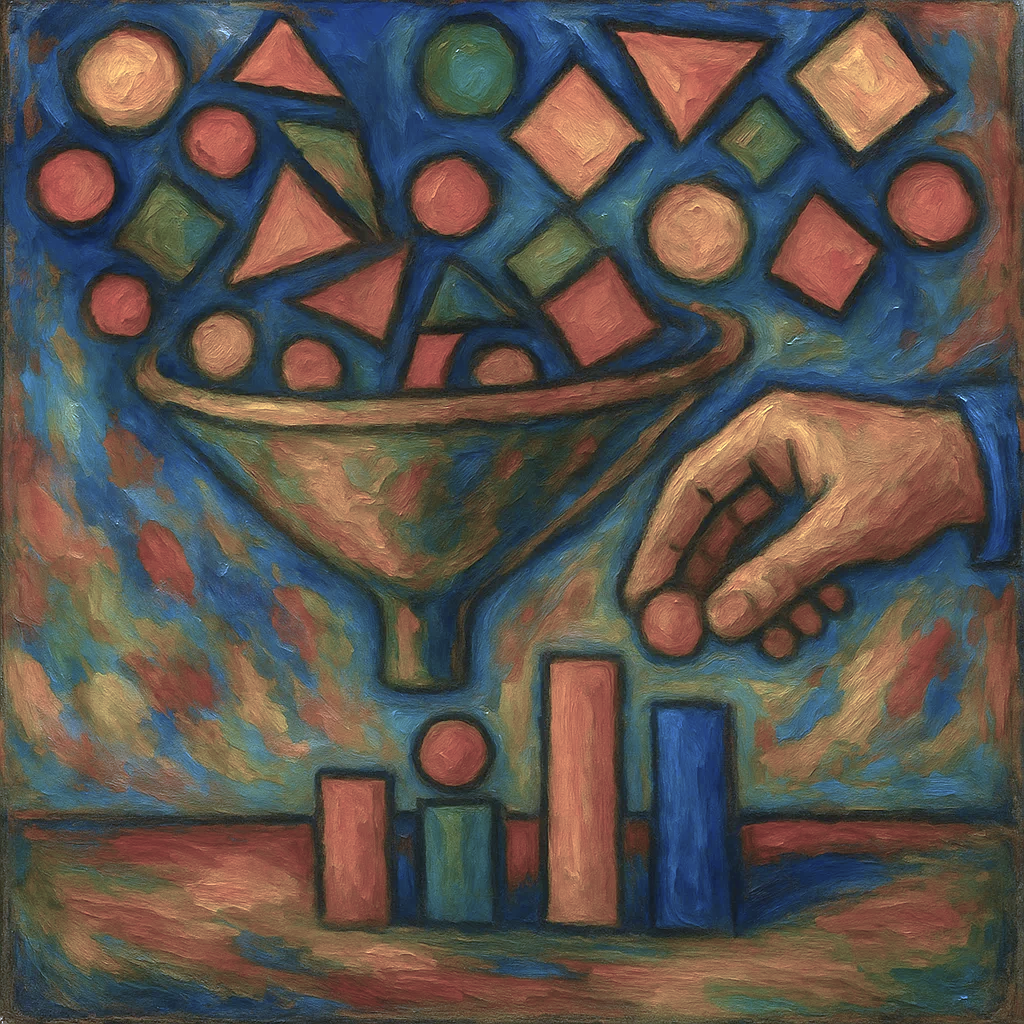Our work
Here you will find all our work and everything others write about us. We are constantly working to produce new content, including notes, consultation input, chronicles and debate posts.
Highlighted
Nyeste
Priority areas
All publications
An unsuitable humanitarian strategy
The principles of Norway's new humanitarian strategy are unsuitable for making budgetary priorities. It's a democratic problem.
Here's how Trump could stumble in the race with China
The United States has begun to wake up to the galloping KI developments. The outcome could be a new, cold and digital war with China.
Norway can, Norway should: Take the lead in halving premature death by 2050
Norway has played a leading international role in global health during the last 25 years, contributing to saving millions of lives. How should this work be continued? An expert committee, led by Camilla Stoltenberg, has released a report examining Norway's opportunities and challenges in global health up to 2050, providing recommendations to Norwegian policymakers.
Calls for a national strategy for bioinnovation
To capitalise on opportunities, strengthen our competitiveness internationally and be positioned for biotechnology's ChatGPT moment, we need an ambitious policy for the emerging technology-driven bioeconomy.
Norwegian companies should set the AI standard
Artificial intelligence (“AI”) has great potential, but the technology and management systems to use the technology are immature. This article provides public and private companies with an overview of the central parts of the risk picture in the face of artificial intelligence and what can be done to address relevant risk factors. This is how Norwegian companies can set the standard for responsible use of AI.
The Future Panel - what do people think of Norway's wealth?
Sixty-six randomly selected Norwegians will discuss how Norway's wealth can be used for the good of current and future generations.
The law that drives the development of AI
Anyone who understands AI's scaling laws understands the future.
Are our politicians AI skeptics?
Either they ignore the challenges, or they ridicule them.
Norway has been a leader in global health — with new committee, we hope it continues
Millions of lives depend on Norway to continue its efforts on global health. Therefore, we ask a committee of experts led by Camilla Stoltenberg to advise on Norway's strategy for the future.
Even the government can't claim that the electric car subsidies are effective climate policy now
Effective, global climate policy is not outdated. That's the future.
Media coverage
Norway is gearing up against bird flu
VG writes about Norway's response to bird flu, and mentions Langsikt among key actors who have warned against the virus early on.
I'm a cable skeptic. Here is an answer to a power cable supporter.
Øystein Sjølie, social economist and author of “The Oil Book: How Norwegian Oil and Gas Makes the World a Better Place”, has written a response to Aksel Braanen Sterri's column on electricity cables in Aftenposten.
The biggest research breakthroughs of the year
Senior Advisor in Langsikt Sigrid Bratlie, together with Torkild Jemterud, Inga Strümke and Aksel Kjær Vidnes, summarizes the science and technology year 2024 in two parts of Abels Tårn. Part 2 of the programme can be found on NRK radio's website.
Pandemics cannot be predicted
Professor Emeritus Stig S. Frøland writes in Aftenposten about the bird flu and Norway's pandemic preparedness, and comments, among other things, on the uncertainty of the numbers on the likelihood of a pandemic, which the Stoltenberg committee and several of Langsikt's staff often have referred to.
Fears a new pandemic
Molecular biologist and Senior Advisor in Langsikt Sigrid Bratlie is interviewed about the risk of a bird flu pandemic following outbreaks of the virus in 659 U.S. dairy farms.
The bird flu could become a race against the clock
Molecular biologist and Senior Advisor at Langsikt, Sigrid Bratlie, fears a new pandemic as a result of the flare-up of bird flu in the US.
New ChatGPT is a master at deceiving you
The latest model of ChatGPT has proven in new tests to be able to deceive its users. Anders Eidesvik, AI advisor in Langsikt, comments on the story and calls this a warning shot of what may come when agents and even more advanced systems become widely available.
Bill Gates on Norway: Never before has the world had a bigger need for Norway's moral leadership
Bill Gates, founder of Microsoft and chairman of the Bill and Melinda Gates Foundation, writes in Aftenposten about the importance of Norwegian leadership on global aid. He highlights, among other things, the Stoltenberg Committee on Global Health, and underlines the conclusions of the report they presented in November.
– The exception is probably a necessary evil
“It is unfortunate that Russia has found a hole in the sanctions regime. But the exception for chemical fertilizers is probably a necessary evil", says Eirik Mofoss, managing director of Lang.
Norway may end up at the back of the vaccine queue
“If Norway does not quickly become part of the EU health community, Norway could end up last in the vaccine line if a new pandemic strikes us. “, writes Senior Advisor in Langsikt, Sigrid Bratlie, in a chronicle in NRK Ytring. Here she meets Minister of Health Jan Christian Vestre in Dagsnytt 18 on the topic.









